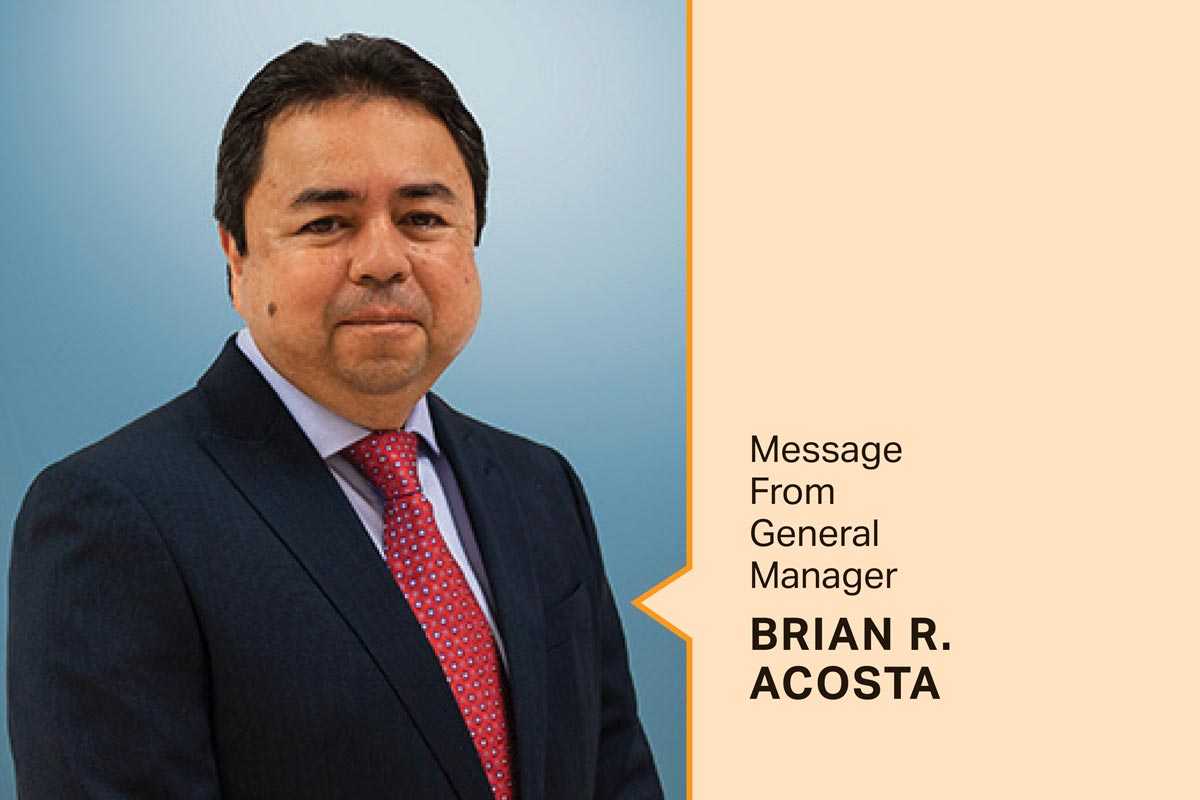Electric cooperatives aren’t like other utilities—as a consumer and member, you own a portion of the business. And one benefit of that membership involves the allocation of excess revenue, called margins, in the form of capital credits. The retirement of capital credits is the tangible demonstration of your ownership in Magic Valley. As a member-owned cooperative, MVEC operates as a not-for-profit utility. This is accomplished through the retirement of capital credits. This year your board of directors has approved to retire $5.5 million of capital credits to those consumer-members who received electric service in 2000 and a portion of capital credits in 2020.
Electric co-ops, like Magic Valley, operate at cost— collecting enough revenue to run and expand the business but with no need to raise rates to generate profits for distant shareholders. When Magic Valley Electric Cooperative has money left over, those excess funds are allocated back to you and other members as capital credits. When the co-op’s financial position permits, the co-op retires, or pays, the capital credits to members in the form of a check. Even more impressive is the fact that MVEC was the first cooperative in the Nation to retire capital credits to its members.
Before distributing the capital credits, your board of directors at MVEC must first consider the financial condition of the cooperative and the needs for capital funds for the coming years. The percentage figure used to calculate the annual retirement of capital credits, determined by your board of directors, is set at a level that maintains the financial integrity of the cooperative.
Allocating and retiring excess revenue to members helps distinguish cooperatives. We’re proud to support our communities by putting money back into the local economy—and into the pockets of those we serve. It makes our business model special.
The retirement of capital credits—so called because members provide capital to the cooperative for it to operate and expand—depends on the co-op’s financial status. MVEC holds on to allocated capital credits to cover emergencies, such as natural disasters and other unexpected events, and expand its electric system, which may require large-scale construction of poles and wires. This action decreases the need to raise rates or borrow money to pay for the infrastructure. After many years, if financial conditions permit, MVEC may decide to retire a set amount of capital credits.
Retiring capital credits is just one more way MVEC is looking out for you.


